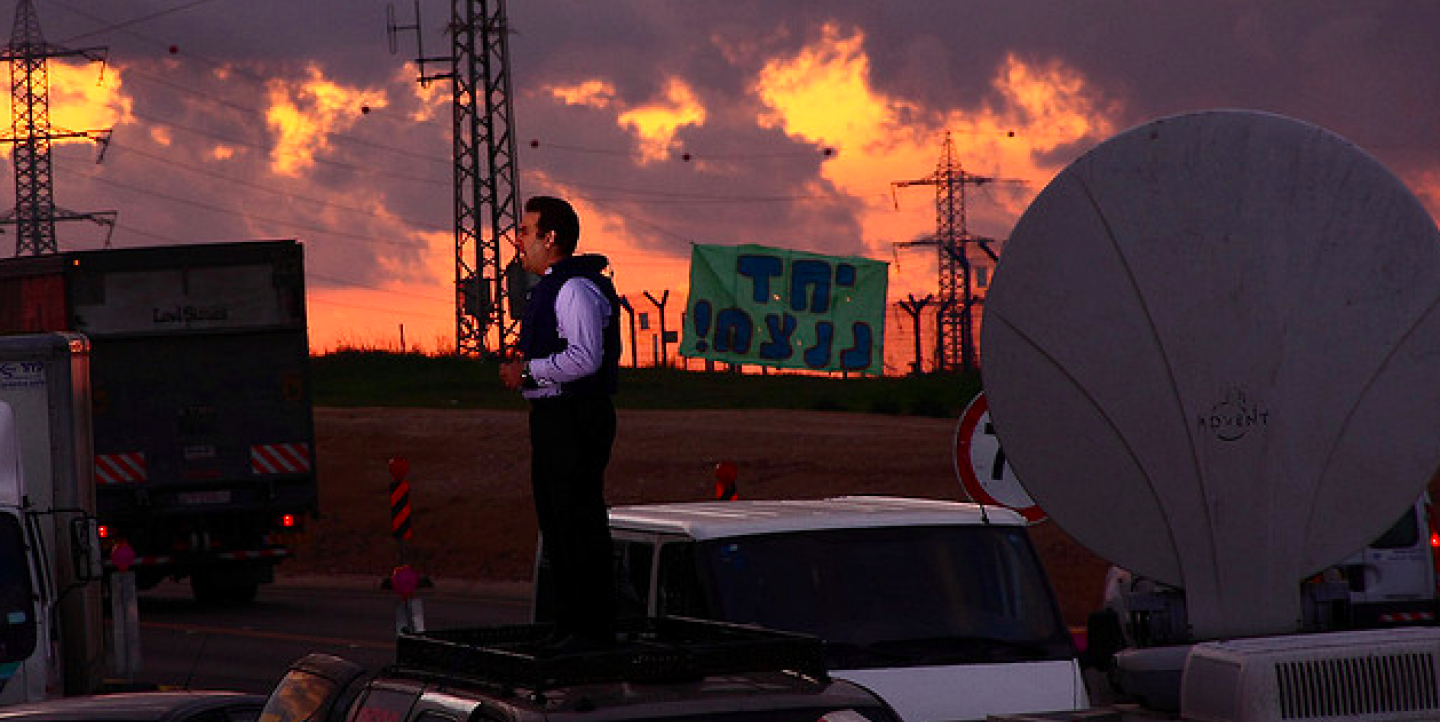Updated 5/17/13 3:46 p.m. EST
When The Sunday Times of the U.K. refused to accept photographs from a freelance journalist in Syria, the paper said it did "not wish to encourage freelancers to take exceptional risks." That move in February drew both cheers and criticism, since some freelancers say important stories won't get the coverage they deserve unless stringers report from dangerous places.
The conflict in Syria – the most dangerous country in the world for the press in 2012 – has put freelancers' safety in the spotlight, spawning debate about how reporters should approach the world’s conflict zones when they lack the backing of a media organization.
The Rory Peck Trust, an organization that provides support to freelance newsgatherers and their families, recommends that freelancers not travel to Syria without hostile environment training and first aid. “For freelancers operating without the daily backup and resources available to staff journalists, this is a must,” said Molly Clarke, the trust's head of communications.
Her organization provides financial support for journalists to attend five-day hostile environment training courses that help them assess risk and spot danger, handle crises, support others and give first aid. The sessions are designed to get adrenaline going and give participants a sense of reality, to test how one reacts under stress, when freezing cold and tired, in chaos and more, Clarke said. By the end of the training, journalists know how to approach crises that can arise in conflict situations.
In addition, Clarke says journalists heading into the field need at least a minimum level of insurance; a risk assessment containing proper research of the country/situation and up-to-date information from people on the ground; knowledge of how to get around, where to stay and how to communicate; a kit that is appropriate to the situation (whether for equipment, safety, first aid or medical); enough money in cash; and more.
Because freelancers often do not have long-standing relationships with news organizations, she recommends they ask editors a number of questions before accepting an assignment: Is there a protocol if something is to happen to me? Would I be covered for insurance? Do I cover it? Do you have a communications plan? Do you provide cash up front? Will you help organize my travel, fixers, drivers, etc.?
“Negotiate from that informed position and then at least you know if you want to take the job or not,” Clarke said. “I know it can be hard for freelancers, but openness and honesty on both sides is a good thing.”
Increasingly, conflict reporters are turning to online resources and networks to share information. Clarke views online training as a positive but said it should not be seen as a substitute for in-person training.
“I think there are things online that can help you, top off your information and refresh, reinforce and complement [what you learn in hands-on training],” she says, “but there is nothing that can substitute going through those practical scenarios. When you hear someone screaming, see blood (even though it’s fake), or feel the weight of a body, there’s no amount of online training that can substitute that.”
For many freelancers, the cost of training can be prohibitive. Whenever possible, Rory Peck helps subsidize the training. The organization has helped cover training for about 600 journalists so far, but journalists must pay for their own air transport.
Clarke says more competition in the market is beginning to bring the cost of training down. Increasingly, organizations are offering elements of the course, instead of the entire session, which also lowers costs.
“We do want it to be affordable,” she says. “But we think that freelancers should pay some money towards this. It’s about investing in yourself, your safety and your welfare and professionalism. It’s your life.”
Additional Resources:
-
International News Safety Institute (INSI) HET preparation advice
- Risc Training - free combat first aid courses for freelancers
Photo courtesy of Flickr user ygurvitz under a creative commons license.

